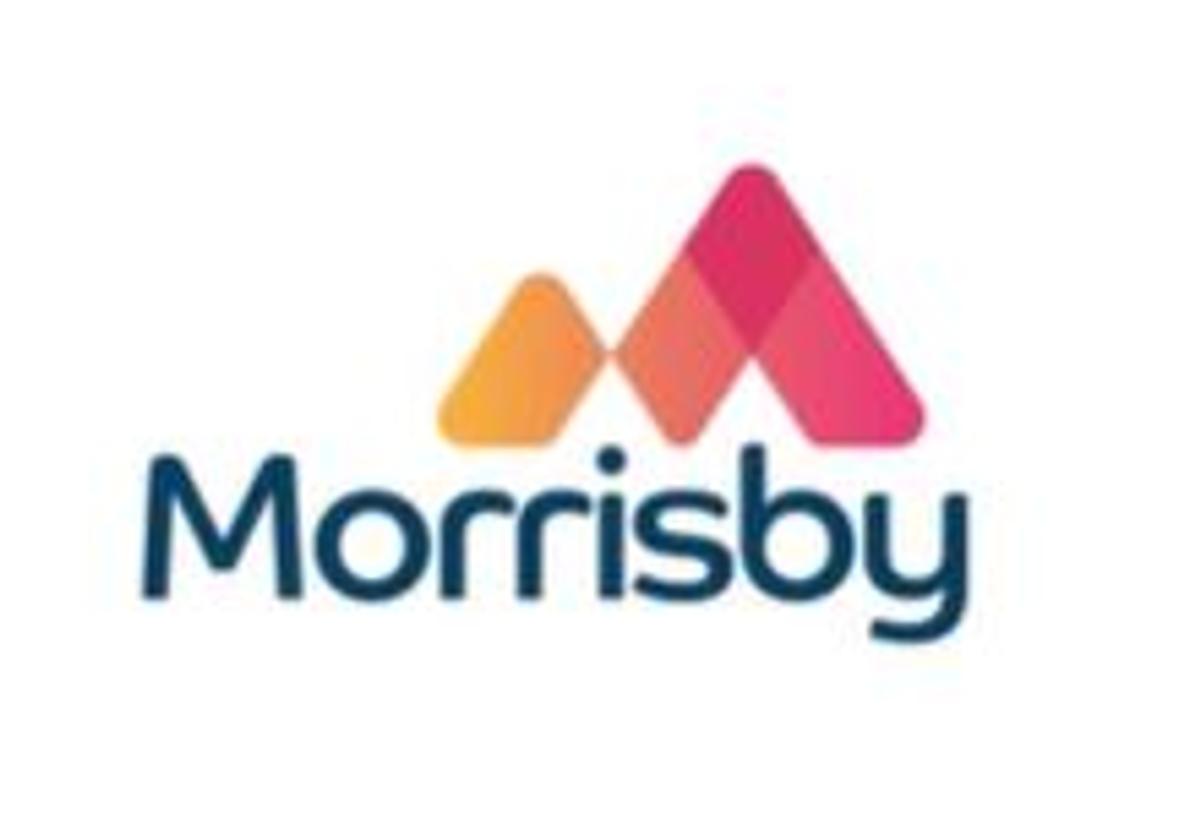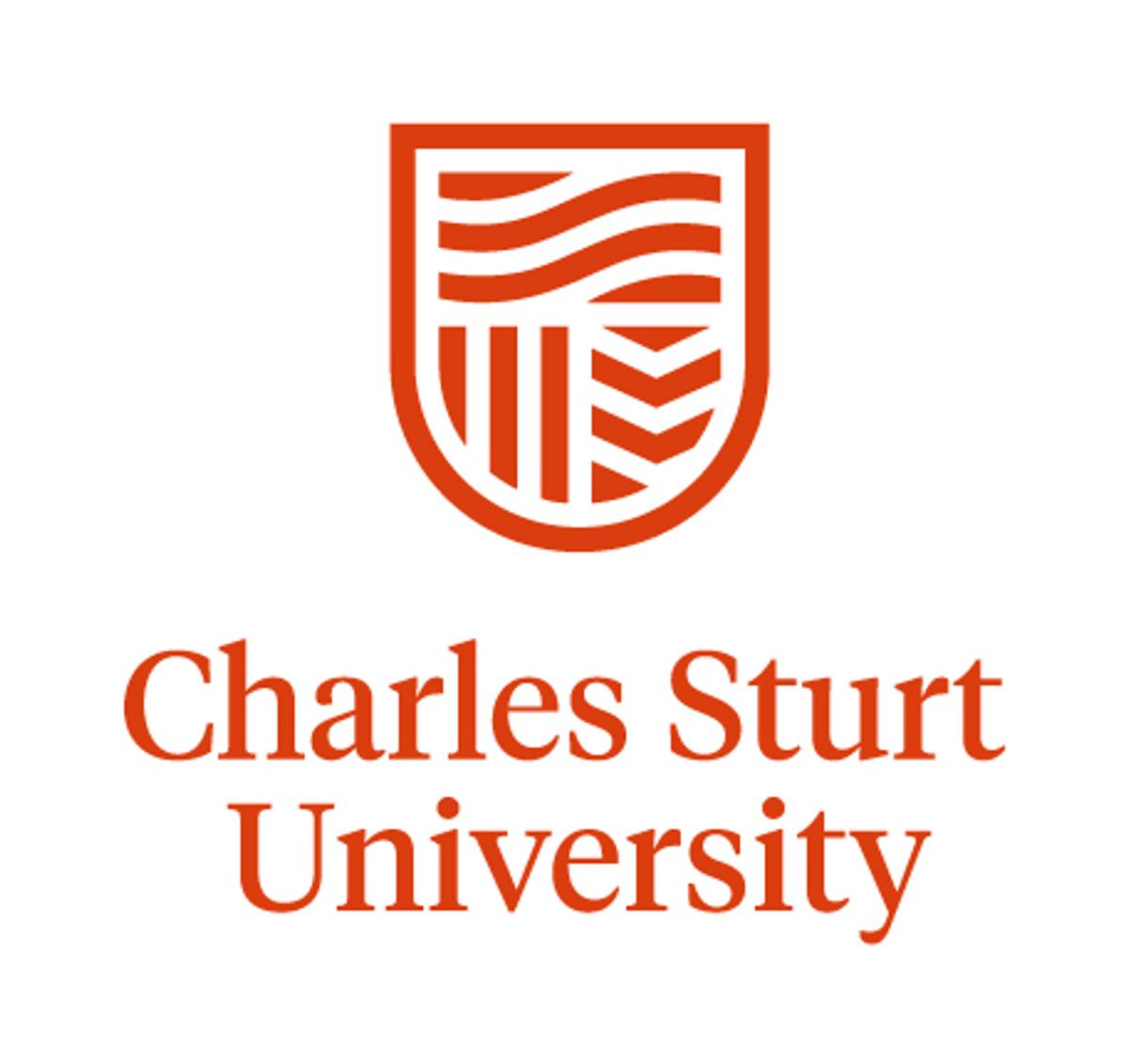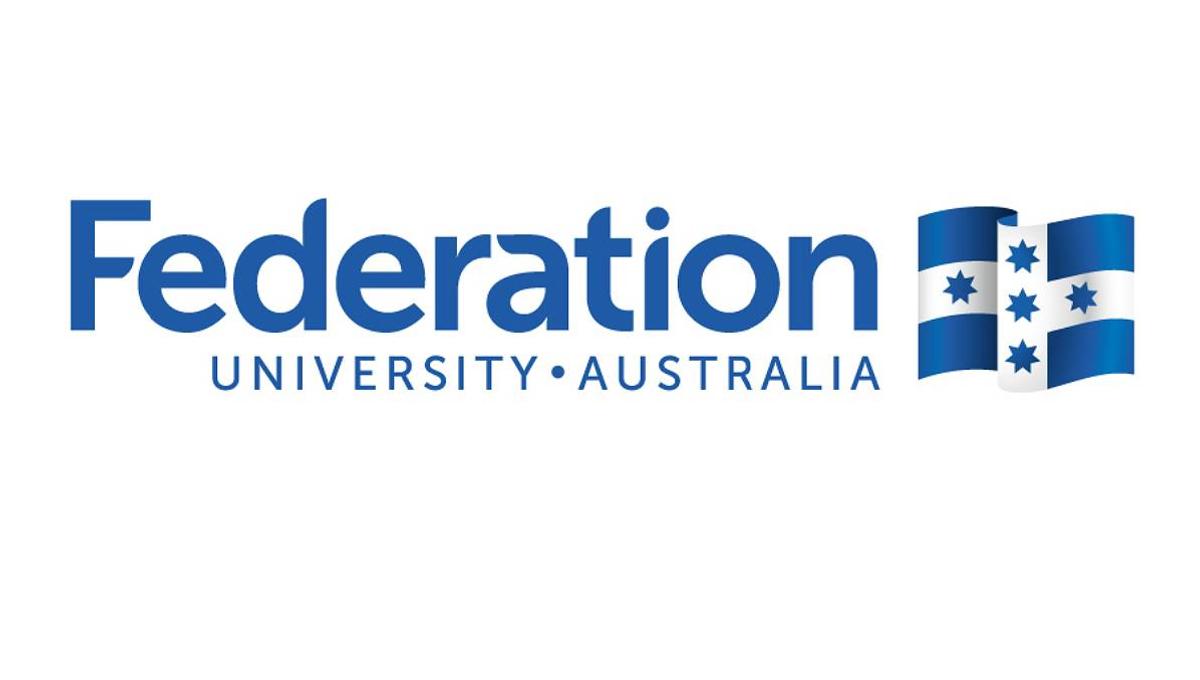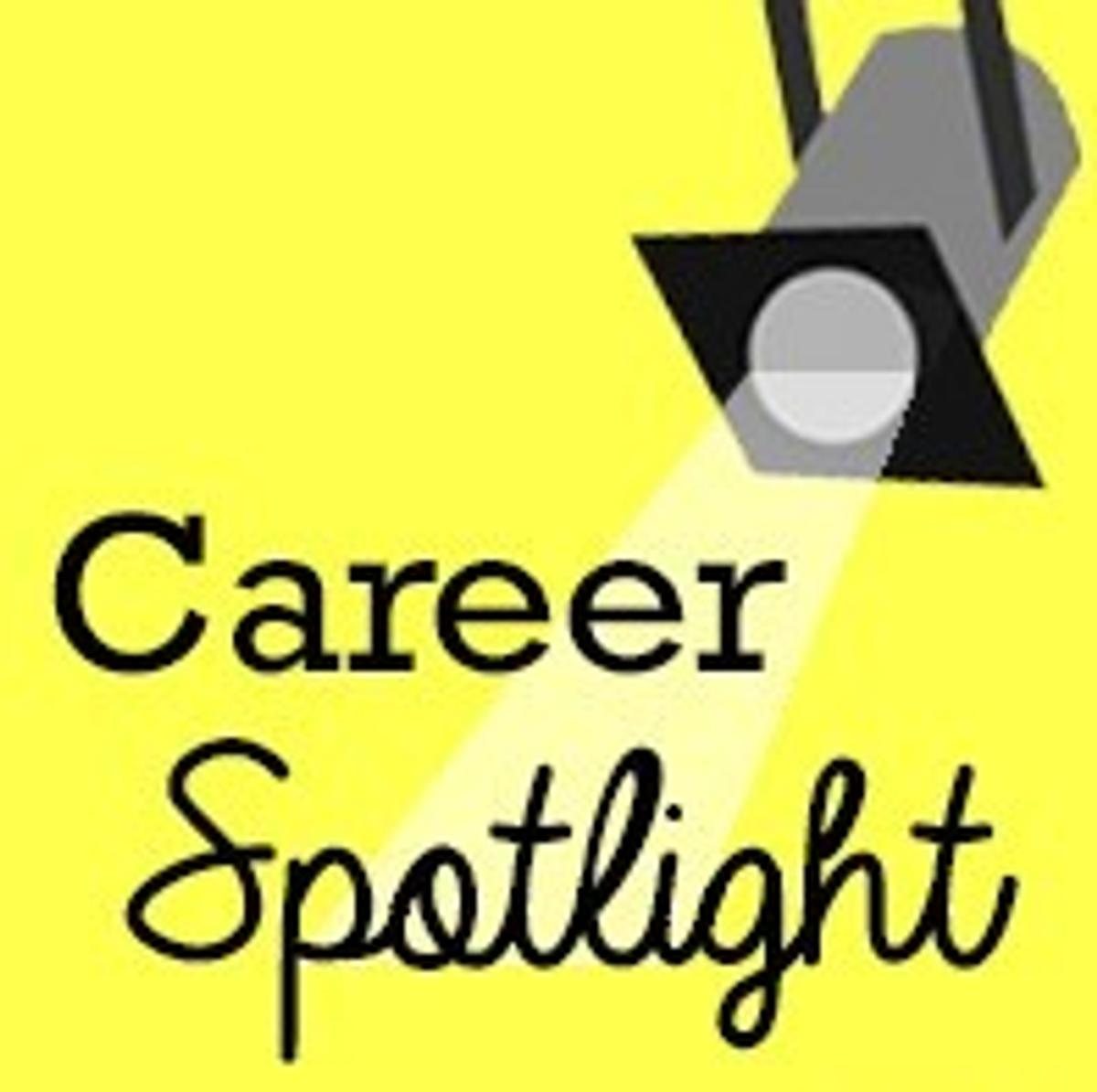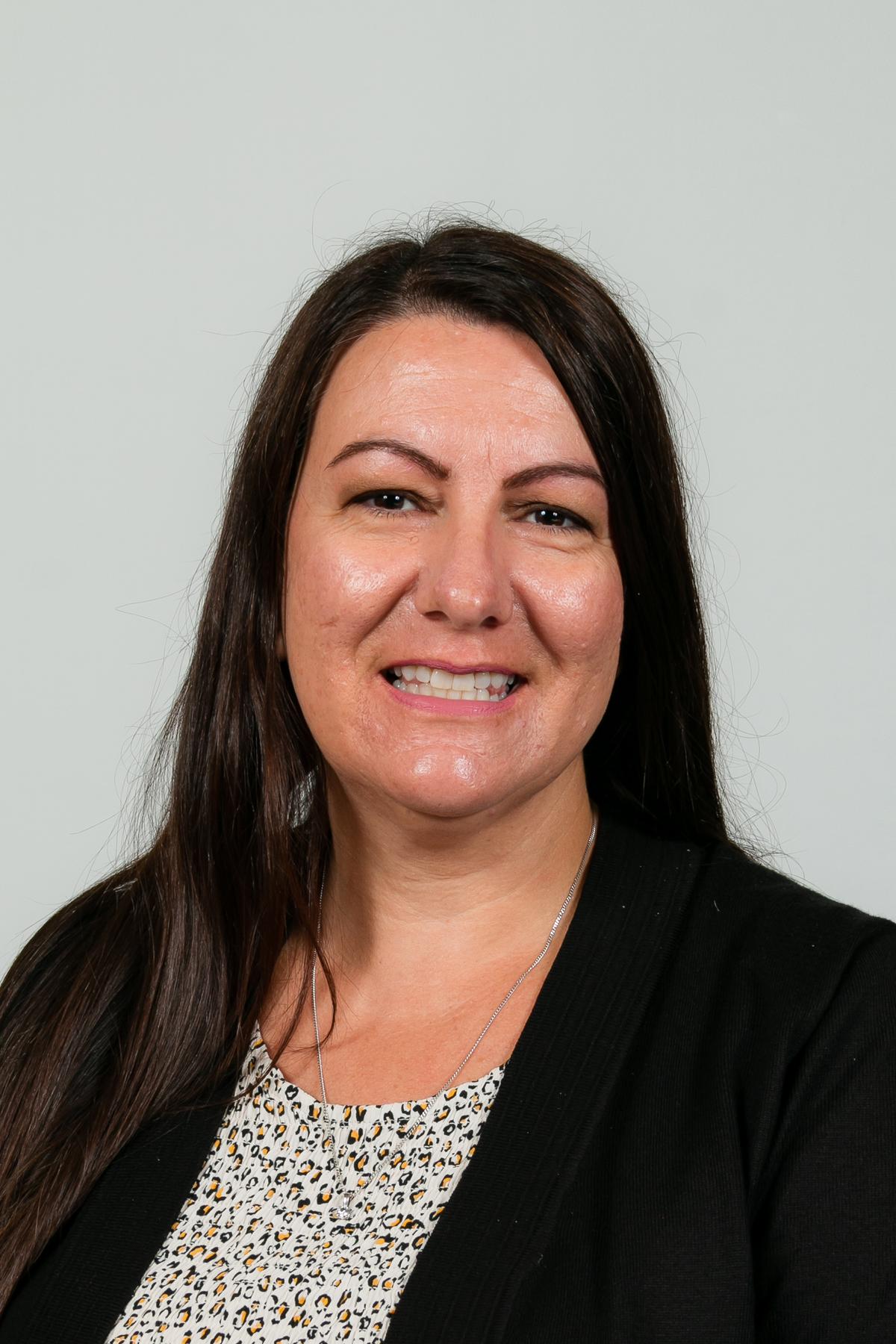Careers and Pathways

Morrisby Diagnostic Online Testing – Year 10
A reminder that Morrisby Diagnostic Online Testing will be occurring next week for all Year 10 students as part of the Year 10 Camp and Activity week: Tuesday 15th – Friday 18th March 2022.
Each student has been allocated a day to attend the College to complete his Morrisby testing. Students will be required to attend normal school hours and will undertake the testing in the College Lecture Theatre during periods 1, 2 & 3. All students must attend with their laptops fully charged.
This is a compulsory career development activity for every Year 10 student. Students who absent themselves from their allocated session day will be required to complete the assessment at school after 3.10pm for a period of up to 2hours.
The comprehensive individual Morrisby report will be available to all students and parents on Friday evening, 18th March 2022, 6pm. This will be available for downloading (PDF) from your son’s Morrisby account. Please take the opportunity to look at the report with your son over the weekend. Following the release of the Morrisby report, individual one-on-one career debriefs/counselling will begin in the week of Monday 21st March and will continue into early June, term 2. A schedule of appointments will be made available to all Year 10 students next week.
If any Year 10 parent missed the information sent to families via email regarding Morrisby Diagnostic Online Testing, please refer to MAZCOM: CLICK HERE.
Bachelor of Health and Medical ScienceDo you want a career in health, but you are not sure which area is for you? Or are you looking for a foundation to further study in medicine, pharmacy, allied health, epidemiology, dentistry, or research? Then the new Bachelor of Health and Medical Science at Charles Sturt University might be of interest.
Course highlights:
Tailor your study
| Students can build their medical science degree to suit their interests and future career. They can choose electives from areas as diverse as nutrition, clinical chemistry, pathophysiology, microbiology, bacteriology, human reproduction, epidemiology, and law and ethics. |
Options, options, options
| Students can enjoy the flexibility to transfer or apply for entry into undergraduate or graduate-level health and allied health programs. |
The perfect platform for further study
| This medical science course gives student’s a broad foundation and is the ideal preparation before applying for postgraduate study or research programs where they can delve deeper into a subject that they are passionate about. |
| Study that works for your lifestyle | Students can match study to their work and other commitments – choose to learn full-time or part-time.
|
Entry to the course requires an ATAR of 65.00 and successful completion of Year 12 English.
Snapshot of Charles Sturt University (CSU) in 2022
- The history of Charles Sturt University dates back to 1895 but CSU was formally incorporated on 19 July 1989 and is one of Australia's newer universities.
- Charles Sturt University has three faculties which comprise several schools and centres for specific areas of study and research:
Faculty of Business, Justice and Behavioural Sciences
- CSU has campuses in a number of locations and also has various campuses that offer specialist courses, such as theology, education, Terrorism & Security Studies, and policing. These include Canberra, Goulburn, Manly, and Parramatta
- CSU also has four Study Centres in Brisbane, Melbourne, Sydney, and Wangaratta.
- CSU offers a range of accommodation options to students across six campuses.
- CSU offers a broad range of courses including postgraduate studies.
- Commencing in 2021, Charles Sturt University and Western Sydney University partnered to create a new Joint Program in Medicine. It is a five-year undergraduate entry Doctor of Medicine based in Orange, New South Wales. Some other courses that may be of particular interest include:
- Bachelor of Communication (with Specialisations in Media, Journalism, etc.)
- Bachelor of Dental Science
- Bachelor of Pharmacy
- Bachelor of Physiotherapy
- Bachelor of Veterinary Biology / Bachelor of Veterinary Science
- Master of Terrorism and Security Studies
Biomedical Science (Gippsland Partnership Program)
Secure your pathway into the Bachelor of Medical Science and Doctor of Medicine at Monash University.
The Bachelor of Biomedical Science (Gippsland Partnership Program) is designed to enable Gippsland-origin students* to qualify for the Monash University graduate entry medicine program and then if selected, complete their medical training in the Gippsland region. Selected students will complete a Federation University Biomedical Science degree, comprising of 16 units of study with Federation University and 6 units with Monash University**.
Students in the program who achieve a minimum Weighted Average Mark (WAM) of over 70 during their degree are eligible to apply for a place in Monash University’s graduate entry Bachelor of Medical Science and Doctor of Medicine. The first year of this program commences at Monash University’s School of Rural Health in Churchill, Gippsland. To be eligible for admission into the Monash University graduate entry medicine program, students must meet rural-origin requirements* and achieve a WAM of over 70 in addition to a minimum score in a Multiple Mini Interview (MMI) and Situational Judgement Test (SJT).
* Gippsland origin is defined as residency for at least 10 years cumulatively or any 5 years consecutively in a Gippsland region classified as ASGS-RA 2-5 (Australian Statistical Geography Standard – Remoteness Areas; includes all Gippsland shires and outer metro regions east of Pakenham).
** Some travel to Clayton will be required for the units undertaken with Monash University.
Find out more at Bachelor of Biomedical Science (Gippsland Partnership Program).
Engineering (Honours) - Masters Accelerated PathwayA popular course at Monash University is the Engineering (Honours) - Masters Accelerated Pathway. This is an accelerated program for high-achieving students to be on track to earn both a Bachelor of Engineering (Honours) and an expert Master’s degree in Engineering in just five years. A weighted average mark of 65% must be attained by the end of level 3, to use two Bachelor of Engineering (Honours) electives in 4th year to take units from the chosen master’s. A student will graduate with a Bachelor of Engineering (Honours) as a fully qualified engineer after 4 years, and will be able to cross-credit the master’s units towards their destination Master’s course.
Successful completion of the Bachelor of Engineering (Honours) with a minimum 65% average will enable direct entry to the Master of Engineering with only one year (36 credit points) of study to complete.
The Masters Accelerated Pathway option is available for the following specialisations: Aerospace, Chemical, Civil, Electrical and Computer Systems, Materials, Mechanical or Robotics and Mechatronics Engineering.
Note: The Masters year is charged at full fees, not CSP. Also, Monash Engineering degrees are recognised by a number of professional engineering bodies.
VCE Entry requirements are Units 3 and 4: a study score of at least 27 in English (EAL) or at least 25 in English other than EAL; Units 3 and 4: a study score of at least 25 in one of Maths: Mathematical Methods or Maths: Specialist Mathematics; Units 3 and 4: a study score of at least 25 in one of Chemistry or Physics. The ATAR required for 2022 entry is 94.20.
Career as a Telecommunications EngineerJobs and Skills WA states that telecommunications engineers design, test and build the various technologies that allow people to communicate over distances.
- They may work in fields such as telephone and internet networks, radio and television broadcasting and satellite communications.
- They design telecommunication networks, deciding on the technology to be used and where cables or broadcasting equipment needs to be placed, and oversee installation.
- Telecommunication engineers may also be responsible for testing and repairing faults.
Telecommunications engineers usually work for the major telecommunications companies, or for large organisations with private communication networks, such as remote mine sites, for example, the Pilbara region. Telecommunications engineers often work in offices, where they can use computers to monitor networks and broadcasting equipment remotely. However, some travel may be required to visit sites throughout the state, particularly when installing new equipment or repairing faults. Product developmentThere is strong future growth in this industry, and it is also a well-paid career.
To become a telecommunications engineer, students usually need to study a degree in engineering, majoring in electronics and communication engineering, or a related field. Students may also choose to complete postgraduate study to specialise in electronic and communication engineering.
In Victoria, RMIT and Swinburne universities both offer courses relating to telecommunication engineering.
ENGINEERING DEGREES IN 2022
Listed below are over 35 engineering bachelor’s degrees offered at most universities in Victoria. Students should note that unless otherwise indicated* all engineering degrees require at the very least an English or EAL, and Maths: Mathematical Methods (CAS) or Specialist Mathematics. Courses with an ^ also require Chemistry or Physics.
For a comprehensive list of all courses, their prerequisites and double degrees on offer, visit VTAC. Another useful website to browse is Engineers Australia – the accreditation authority for tertiary engineering education in Australia and overseas.
INSTITUTION | COURSE | Major studies in 2022 | ATAR 2022 |
M – Melbourne G – WaurnPonds | Civil | Civil engineering management, Computer-aided design (CAD), Construction, Engineering, Engineering (Civil), Engineering (fluid), Engineering design, Geotechnical engineering, Materials engineering, Structural engineering, Transportation, Water resources. | 69.20 (M) 68.75 (G) |
| Electrical & Electronics | Circuits and electronics, Control systems, Data communications, Electrical and electronic engineering and technology, Electrical engineering, Electronic engineering, Embedded systems, Energy efficiency and demand management, Engineering, PLC and SCADA, Power system protection, Power systems, Renewable energy, Smart distributions and transmission systems, Smart grid, Systems and signals. | 69.50 (M) 75.40 (G) | |
| Environmental | Ecology, Engineering, Environmental chemistry, Environmental engineering, Environmental protection and management, Hydrology, Sustainable infrastructure engineering, Waste management, Water engineering. | n/a (G) | |
| Mechanical | Computer-aided design(CAD), Computer-aided engineering (CAE), Control systems, Dynamics, Engineering, Engineering (Mechanical), Engineering Design, Engineering Mathematics, Engineering modelling, Fluid mechanics, Machine design, Materials engineering, Mechanical design, Productdevelopment, Project management, Solid mechanics, Stress analysis, Structural engineering, Thermodynamics. | 69.70 (M) 68.95 (G) | |
| Mechatronics | 3D printing, Advanced manufacturing, Artificial intelligence, Circuits and electronicsChemistry, Computer- aideddesign (CAD), Control systems, Data communications, Electrical and electronic engineering and technology, Electrical engineering, Electronic engineering, Engineering, Engineering (MechanicalTestingEngineering), Engineering (mechatronic), Mechanical design, Mechatronics design, Robotics, Virtual and augmented reality. | n/a (M) 66.00 (G) | |
| Software | Artificial intelligence, Computer software, Cyber security, Cyber-physical systems, Data analytics, Data capturing technologies, Data structures and algorithms, Database programming, Embedded systems development, Internet-of-Things, Object-oriented programming, Programming, Robotics Applications, Robotics software, Software architecture, Software design, Software engineering, Software testing, Usability and user experience engineering, Web application development. | n/a (M) | |
G – Gippsland B –Ballarat | Civil | Civil Engineering. | n/a (G) n/a (B) |
Electrical & Information Engineering | Electrical and Information Engineering. | n/a (B) n/a (G) | |
| Mechanical | Mechanical Engineering. | n/a (B) | |
| Mining | Mining Engineering. | 69.25 (B) | |
M – Melbourne B – Bendigo
*Any maths | Civil * | Civil engineering. | 65.25 (M) 79.05 (B) |
| Industrial Engineering * | Engineering (industrial). | 75.70 (M) 69.65 (B) | |
Engineering Technology * (Associate Degree) | Engineering technology. | n/a (M) | |
Cl – Clayton | Engineering ^ | Aerospace engineering, Chemical engineering, Civilengineering, Electrical and computer systems engineering, Engineering, Environmental engineering, Materials engineering, Mechanical engineering, Robotics and Mechatronics Engineering, Software engineering. | 86.00 (Cl) |
| Biomedical ^ | Biomedical Engineering. | 87.25 (Cl) | |
C – City C/B – City & Bundoora
*Any maths | Engineering* | Advanced manufacturing, Aerospace engineering, Automotive engineering, Biomedical engineering, Chemical engineering, Civil engineering, Computer engineering, Electrical engineering, Electronic engineering, Environmental engineering, Mechanical engineering, Mechatronics engineering, Sustainable engineering, Telecommunications engineering. | 73.00 (C) |
Advanced Manufacturing &Mechatronics | Advanced Manufacturing Engineering, Engineering, Mechatronics Engineering. | 78.55 (C/B) | |
| Aerospace | Aerospace engineering, Engineering. | 78.60 (C/B) | |
| Automotive | Automotive Engineering, Engineering. | 78.00 (C/B) | |
| Biomedical * | Biomaterials, Biomechanics, Biomedical Electronics, Biomedical Engineering, Engineering, Lab- on-a-chip technology, Micro-Nano Systems. | 79.60 (C/B) | |
| Chemical ^ | Chemical Engineering, Engineering, Environmental Engineering, Minerals and Metallurgical Processing, Water Treatment. | 81.75 (C) | |
| Civil & Infrastructure | Civil Engineering, Civil and Infrastructure Engineering, Engineering, Infrastructure Engineering. | 78.10 (C/B) | |
| Electrical | Control Automation, Electrical engineering, Electronics and Systems, EnergyConversion, Engineering, Power Systems. | 78.65 (C) | |
| Electronic & Computer Systems | Computer Systems Engineering, Defence Systems, Digital Signal Processing, Electronic Devices and Systems, Electronic Sensors and Controllers, Embedded Systems, Network Engineering, Network Security, Wireless and Optical Communications. | 78.00 (C) | |
| Environmental | Chemical Engineering, CivilInfrastructure Engineering, Engineering, Environmental Engineering, Hydrogeology, Water Engineering. | 78.25 (C/B) | |
| Mechanical | Engineering, Mechanical Engineering. | 78.20 (C/B) | |
| Software Engineering | Agile software development, Algorithms and data structures, Artificial intelligence, Cloud Computing, Computer architecture, Computer operating systems, Database systems, Industrial collaboration and experience, Networks and data communications, Object-oriented design & modelling, Object-oriented programming & software engineering, Operating systems, Problem-solving, Programming (C, Java), Project management, Software development, Software engineering. | 80.35 (C) | |
| Sustainable Systems | Engineering, Sustainable systems engineering. | n/a (C/B) | |
H – Hawthorn # Professional Degree *Any maths | Engineering | Architectural engineering, Biomedical Engineering, Civil engineering, Electrical and electronic engineering, Mechanical engineering, Product designengineering, Robotics and mechatronics, Software engineering. | 70.00 (H) 77.05 (H) # |
Engineering * (Associate Degree) | Calculus and applications, Computer-aided drafting, Digital and data systems, Electronics and electromagnetism, Energy and motion, Engineering design and innovation, Engineering materials, Linear algebra and applications, Mechanics of structures, Project management practices. | 56.35 (H) | |
FP – Footscray Park * Engineering degrees at VU require any maths | Architectural * | Architectural Engineering, Architecture. | n/a (FP) |
| Civil * | Engineering (Civil engineering). | n/a (FP) | |
| Electrical and Electronic * | Engineering (Electrical and Electronic Engineering). | n/a (FP) | |
| Mechanical * | Engineering (Mechanical Engineering). | n/a (FP) |
Year 10 Work Experience 2022
A reminder to all year 10 students that work experience forms must be returned to Ms Seremetis by Thursday 7th April 2022. This is the last week of Term 1.
WORK EXPERIENCE DATES ARE MONDAY 20th – FRIDAY 24th JUNE 2022.
If you require a new Work Experience Arrangement Form or the full work experience information pack, please download the relevant documentation from MAZCOM: https://mazcom.mazenod.vic.edu.au/homepage/13956
Ms Vivian Seremetis
Careers Coordinator

